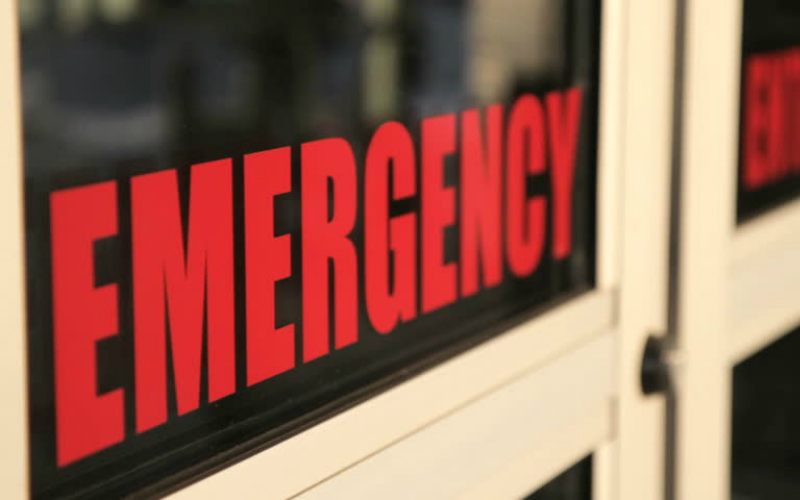The High Court ruled Friday morning that one of the laws many of the January 6th rioters were charged with was misapplied to them. The Sarbanes-Oxley law was put into place after the Enron scandal and had to do with the misuse of documents in order to obstruct an official proceeding.
Mat Staver of Liberty Counsel says it was one of the tools the Justice Department used in its aggressive prosecution of J6ers. "The Department of Justice, under the Biden administration, used this Sarbanes-Oxley Act to prosecute many of these J6ers, including the ones before the U.S. Supreme Court," he tells AFN.
The court ruled that because there were no documents involved in the J6 protests, the law does not apply. Staver says this is great news for some of the defendants.
"This will literally set back a lot of these J6 prosecutions that the Biden administration has pursued," he remarks. "Many of these individuals are going to have to be released; some of them are going to have their case retried, perhaps even dismissed."
Reuters reports that about 250 of the approximately 1,400 individuals charged in the Capitol riot could be affected by this ruling. But Staver says it's still unclear how the ruling will apply to those who struck a deal with prosecutors.
"Unfortunately, there are some, however, who may have been threatened by this Sarbanes-Oxley Act; but because of fear of how severe the penalty might be, they plead to a lesser offense," he adds.
The Liberty Counsel founder says if the Sarbanes-Oxley law is the reason those people made a plea deal, that could be grounds for appeal.
Other SCOTUS rulings on Friday
The Supreme Court allowed cities to enforce bans on homeless people sleeping outside in public places, ruling along ideological lines that such laws don't amount to cruel and unusual punishment, even in West Coast areas where shelter space is lacking. The case is the most significant to come before the high court in decades on the issue and comes as a rising number of people in the U.S. are without a permanent place to live. (More details)
The Supreme Court upended a 40-year-old decision that made it easier for the federal government to regulate the environment, public health, workplace safety and consumer protections, delivering a far-reaching and potentially lucrative victory to business interests. The court's six conservative justices overturned the 1984 decision colloquially known as Chevron, long a target of conservatives. The liberal justices were in dissent. (More details)
The Associated Press contributed to this story.







